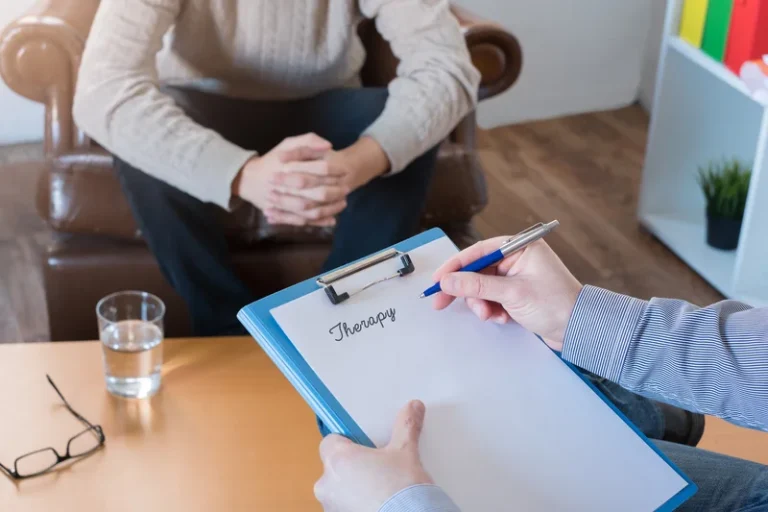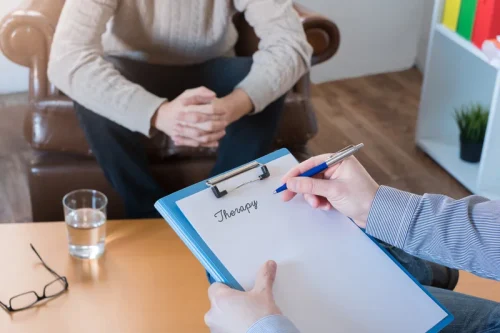
After several months of sobriety, many individuals experience a full restoration of their natural sleep-wake cycle. The body’s circadian rhythm becomes well-established, making it easier to fall asleep and wake up at consistent times. This regularity in sleep patterns contributes significantly to overall sleep quality and daytime functioning. For many professionals, stress and pressure is a common part of the working environment. The mix of poor sleep patterns and alcohol dependency can often blur the line between work and personal life, amplifying =https://ecosoberhouse.com/ the stress.
Lifestyle Quizzes

Therefore, understanding the effects of alcohol on sleep is crucial for addressing sleep disturbances and promoting healthy sleep patterns, particularly for those with a history of alcohol use. Alcohol consumption has a complex relationship with sleep, often leading to disrupted sleep cycles and poorer sleep quality. Even though alcohol may hasten the onset of sleep, it significantly impairs the quality by altering the normal progression through sleep stages. Alcohol can have a detrimental impact on sleep, but these problems can also persist once you decide to stop drinking. Finding ways to cope with insomnia and other sleep issues is important since poor sleep can be a risk factor for alcohol relapse.
Understanding Why You Can’t Sleep After Quitting Alcohol
Eating large or heavy Substance abuse meals close to bedtime can cause discomfort and indigestion, which can keep you up. If you need a snack, opt for something light and avoid rich, fatty foods. Find a brighter tomorrow by starting with our compassionate team of medical professionals and recovery specialists today. While alcohol may provide temporary relief from sleeplessness, relying on it as a sleep aid can have negative consequences. This fragmented sleep pattern can lead to feelings of excessive sleepiness during the day.
- Communicating with individuals experiencing similar issues can provide a sense of communal sharing, reducing feelings of isolation and promoting positivity.
- Contact us today to see how we can help you or your loved one begin recovery.
- Any alcoholic drinks can sabotage sleep but, depending on the strength of the beverage and what you mix the alcohol with, there are some that are worse than others.
- Modify routines, reevaluate lifestyle choices, and don’t hesitate to consult a professional if need arises.
- They may find themselves sleeping for longer periods without interruption and waking up feeling more refreshed.
- The key to getting better sleep is to establish a consistent bedtime routine.
- Struggling to fall asleep without alcohol might seem like a harmless habit, but it’s often a red flag for deeper issues.
Bedtime stories for adults: The benefits of sleep stories for grown ups
Figuring out how to sleep without alcohol can be an exhausting process in its own right. The more you build on your belief you need alcohol to sleep, the more drink becomes a crucial part of your nighttime routine. Studies show that screen usage (cell phone, tablet, TV) negatively affects your ability to fall asleep and stay asleep. Consider turning off all screens at least one hour before bed time to give your brain a break from the excess stimulation.


As part of your subscription and as medically indicated, physicians prescribe medications, and recommend supplements that are delivered to you from the comfort of your home. Now that that’s settled, if you’re still looking for healthy ways to level up your sleep, try Erin Macdonald’s top tips below. Always check with your healthcare provider before starting a new supplement.
Non-REM, Stage 1:
When alcohol has been introduced to the sleep cycle, the functions of the brain are impeded, and the cycles become disrupted. This sleep cycle disruption is what causes the person to feel tired and “fuzzy” the next day and can lead to further sleep issues, such asinsomniaoralcohol addictionover time. So many of us relied on alcohol to how to sleep without alcohol get the sleep we needed… or we thought we did, anyway. Reality is that we drank until we were too tired to stay awake, or until we passed out. And it’s important to note that they consider high amounts of alcohol to be more than 2 drinks for men and more than 1 drink for women.
Health Conditions
Aim to finish your workout at least two to three hours before bedtime to allow your body to wind down. By practicing these natural methods to promote sleep, you can create a calming and soothing environment that supports healthy sleep patterns. Experiment with different techniques to find what works best for you and incorporate them into your nightly routine. Remember, consistency is key in retraining your body and mind to fall asleep naturally and without relying on alcohol. Alcohol disrupts the natural sleep cycle by suppressing REM (rapid eye movement) sleep, which is essential for restorative rest.
- They offer a safe space to share experiences and access emotional support.
- This dependency not only increases consumption but further disturbs sleep.
- Now that that’s settled, if you’re still looking for healthy ways to level up your sleep, try Erin Macdonald’s top tips below.
- Eating large or heavy meals close to bedtime can cause discomfort and indigestion, which can keep you up.
Practical Tips to Deal with Insomnia After Quitting Alcohol
Long-term alcohol use can lead to chronic changes in sleep architecture. A decrease in slow-wave sleep and alterations in REM sleep can persist even after periods of abstinence. This episode of The Verywell Mind Podcast, featuring neurologist and sleep expert Chris Winter, shares strategies for sleeping better at night. People in recovery are often more likely to have problems with sleep onset than with sleep maintenance, which is why some might conclude that they can’t sleep sober. Recognizing and addressing the issue of needing alcohol to sleep is a critical step in dealing with potential alcoholism.
Mixing Weed and Alcohol: Effects and Risks

Those who have been heavy drinkers for many years may experience a longer adjustment period compared to moderate drinkers. The body and brain need time to heal from the long-term effects of alcohol, and this process can take longer for those with a history of prolonged, heavy use. It’s worth noting that the long-term benefits of quitting alcohol extend beyond just improved sleep. Many individuals experience better physical health, improved mental clarity, and a greater sense of emotional well-being. These positive changes often reinforce the decision to maintain sobriety, creating a virtuous cycle of health and wellness.
If you don’t want to give up booze altogether, try avoiding it at least three to four hours before bed and limiting how much you drink. Unfortunately, despite the drowsiness, alcohol isn’t a good sleep aid. And if you do decide to drink every now and again, check RISE to find out when to stop to reduce the negative impact alcohol can have on your sleep. The precise timeline for insomnia post alcohol detox can be elusive as it varies from individual to individual based on a multitude of factors, as mentioned earlier. However, it is crucial to have a rough timeline in mind to get an idea of what to expect. Andy explains how a straightforward, 7-stage process enabled him to change a lifelong addiction to alcohol.
